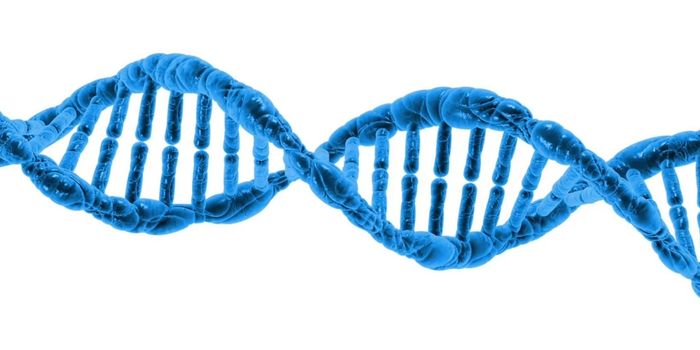By now, it’s well established that high sugar consumption is linked to a host of health conditions, such as diabetes, obesity, and cancer. But here’s some
more information about this sickly-sweet link – age plays a role in how cancer manifests when people gulp down sugar-laden beverages.

A
survey of American beverage consumption in 2010 found that sodas were the most-consumed beverages, averaging at 44.7 gallons per person, per year. Given that a typical 12-oz can of soda has around 39 grams of sugar, the math works out to be over 223 kilograms (around 491 pounds) of sugar per person, per year, just on sodas alone.
Given that sugar-sweetened beverages have been implicated to many illnesses, researchers at Louisiana State University wondered whether sugar could also be a risk factor for recurring cancers.
"The objective of this study was to closely evaluate the risk factors of sugar consumption from sugar-sweetened beverages among cancer survivors and people not diagnosed with cancer, and to our knowledge, no other studies have examined sugar-sweetened beverage intake in cancer survivors," wrote Melinda Sothern, senior author of the study.
Furthermore, Sothern noted "Recently growing evidence suggests a link between sugar-sweetened beverage consumption and the risk of pancreatic and endometrial cancer, as well as the risk of colon cancer recurrence and death among cancer survivors. "
For the study, researchers surveyed data from 22,182 adults. They identified consumption of sugar-laden drinks (sodas, sweetened juices, energy drinks, etc.) along with cancer, smoking and obesity status.
The team found that cancer survivors had a lower sugar intake (less than 80 grams per day) than people with no history of cancer. In addition women with cervical cancer history had a higher sugar intake than other cancer survivors. In general, those with high sugar intake from sugar-sweetened beverages were more likely to be “younger, male, black, obese, current smokers, low-income, or had education levels at or below high school.”
The results call attention to age as being the chief factor associated with sugar intake. In addition, such results highlight the opportunity for targeted intervention programs that help curb the sugar load.
"Although consuming added sugar is not recommended, people are not usually aware of how much sugar they get from sugar-sweetened beverages," said Tung-Sung Tseng, lead author of the study. "The American Heart Association recommends a consumption goal of no more than 450 kilocalories (kcal) of sugar-sweetened beverages or fewer than three 12-ounce cans of soda per week."
Additional sources:
LSU press release,
AdAge report









